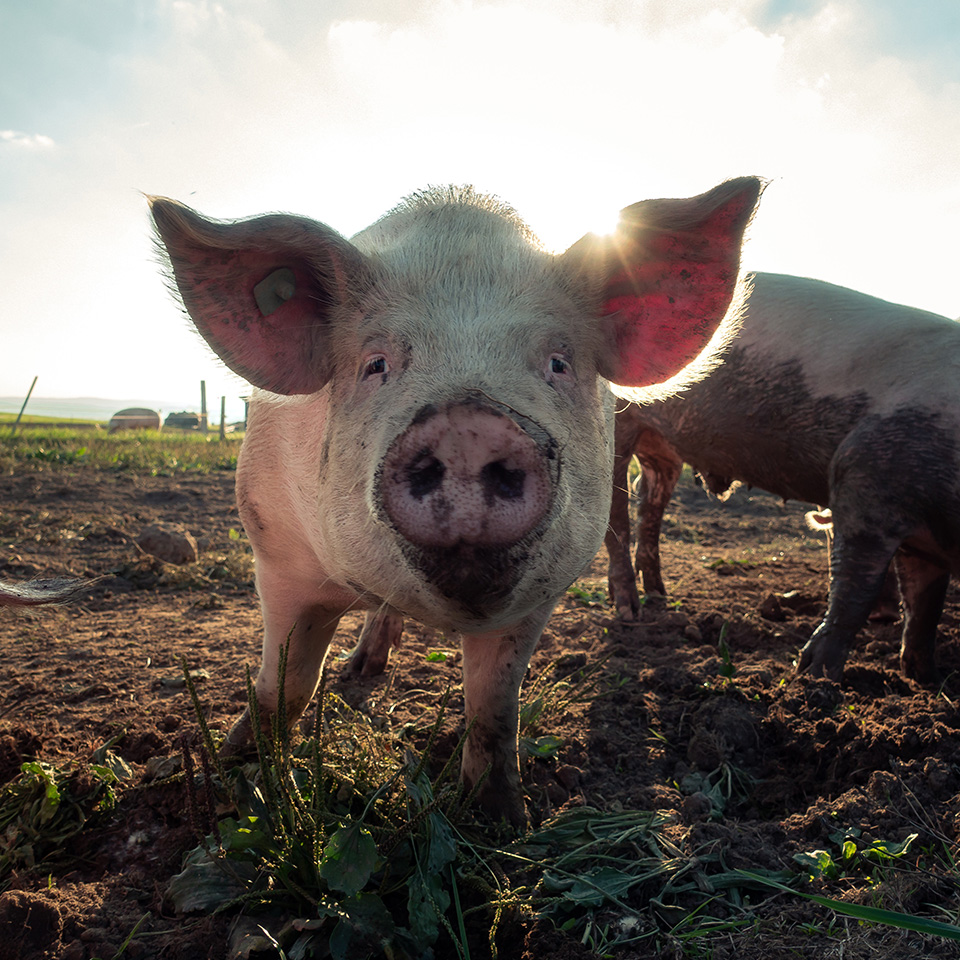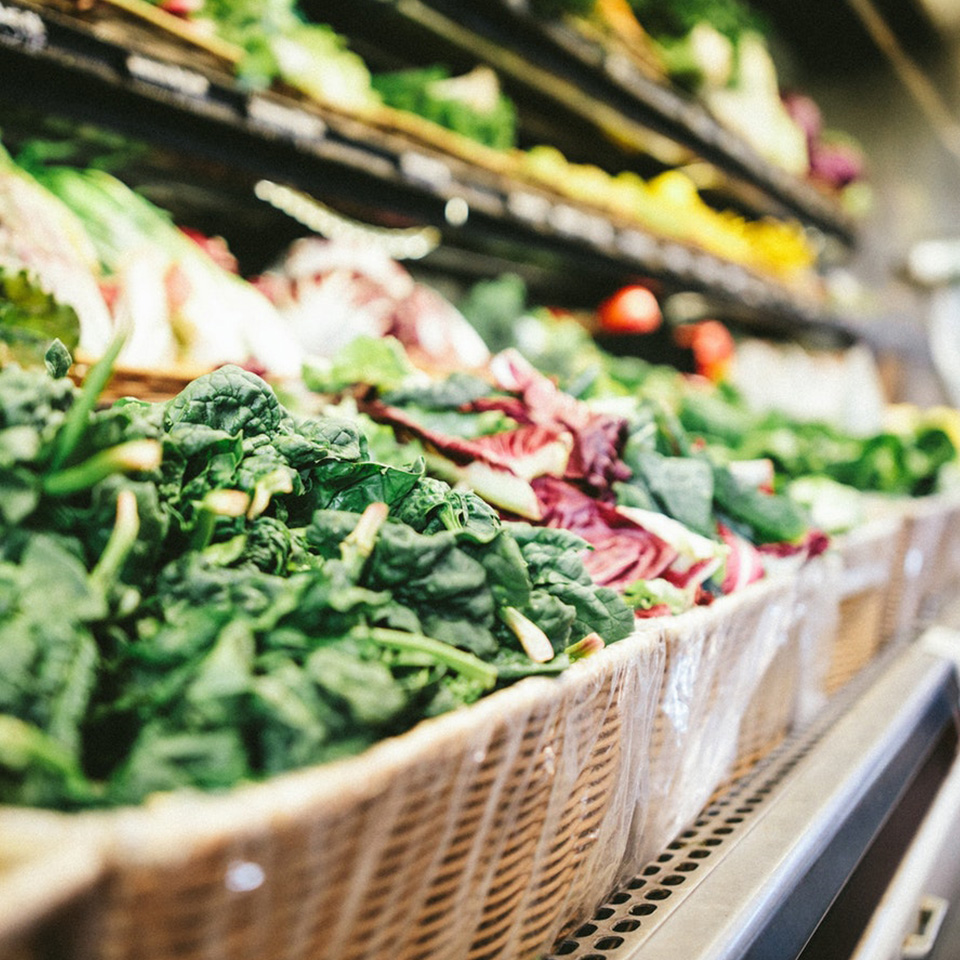For the Environment
We are in the midst of unprecedented destruction of our environment. With the current “normal” way of living, we humans are upsetting our vitally important shelter, the Earth’s atmosphere, and are destroying the diversity of living beings on our unique blue planet. This now normalised use of animals for human purposes is at the heart of the two biggest challenges for our future: the climate crisis and the biodiversity crisis. The scientific findings are alarming. If you wish to study them in detail, here are two introductory links: Biodiversity and climate crisis.


